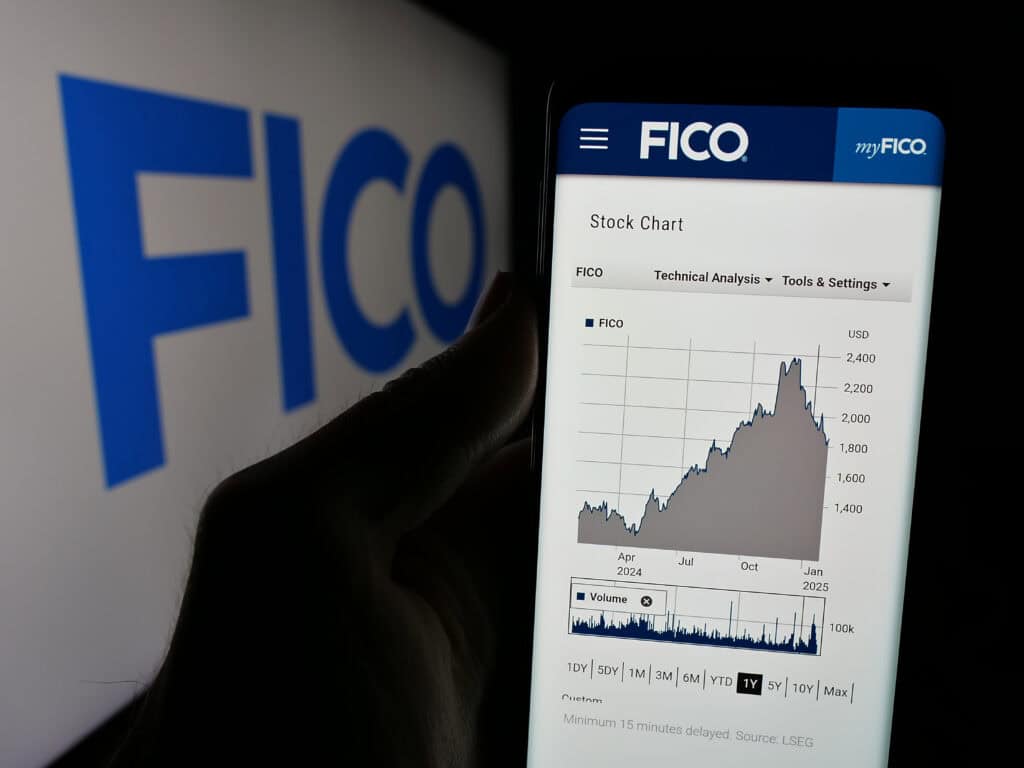The Flood of Calls After a Mortgage Application
Imagine finally taking the plunge into homeownership. You’ve meticulously researched lenders, compared rates, and nervously submitted your mortgage application. Then, the phone starts ringing. Not just a few calls, but a relentless torrent – dozens, even over a hundred calls in a single day – from mortgage companies you’ve never heard of. This frustrating experience is often the direct result of a practice known as credit trigger leads.
You call the mortgage broker in a rage: “Why did you sell my information to other lenders?” Only to be stunned to learn: they didn’t. The answer to your conundrum goes much deeper.
What Are Credit Trigger Leads?
Trigger leads are essentially reports generated when a consumer’s credit is checked for a loan application, like a mortgage. As soon as you apply for that mortgage, the credit bureaus – Equifax, Experian, and TransUnion – identify this activity. Here’s the crucial part: these bureaus then sell this information, including your contact details and the fact that you’re actively seeking a mortgage, to other lenders and mortgage-related businesses.
How Do Trigger Leads Work?
The mechanics are relatively straightforward. When a lender pulls your credit report, it triggers an alert within the credit bureau’s system. Data aggregators and marketing services then purchase these triggered leads from the bureaus. These aggregators then resell the information to a vast network of mortgage brokers, loan officers, and insurance agents eager to solicit your business. The motivation is simple: you’ve signaled that you’re in the market for a mortgage, making you a highly valuable prospect.
The Consumer Experience: An Invasion of Privacy
This practice can be incredibly frustrating for borrowers. Navigating the already complex mortgage process is stressful enough without being bombarded by unsolicited calls. Before applying, check how much home you can afford with our Loan Affordability Calculator. Many borrowers find it invasive and feel their privacy has been violated. The sheer volume of calls can be overwhelming, making it difficult to discern legitimate offers from potentially predatory ones.
The National Do Not Call Registry Loophole
You might be wondering, “Doesn’t the National Do Not Call Registry stop this?” Unfortunately, it often doesn’t. Because you’ve initiated a business relationship (by applying for a mortgage and thus having your credit checked), mortgage lenders may still contact you. However, comparing lenders first can help you avoid aggressive solicitations—explore options with our Loan Compass Tool. This loophole leaves consumers vulnerable to the onslaught of calls triggered by their mortgage application.
Legislative Efforts to Ban or Restrict Trigger Leads
Recognizing the annoyance and potential for abuse, there has been movement to address trigger leads. In the last congressional session, there was hope for federal legislation that would ban or significantly restrict the use of trigger leads. However, despite growing bipartisan concern, a federal ban did not materialize. This inaction has left many consumers feeling unprotected at the national level, especially at a time when the Consumer Financial Protection Bureau has been gutted by the new administration.
In the absence of federal action, some states are taking matters into their own hands. For example, Georgia has been actively pursuing measures to curb this practice in this legislative session. State-level initiatives often focus on stricter regulations regarding the sale and use of trigger lead information, aiming to provide consumers with greater control over their data and reduce unwanted solicitations.
How to Protect Yourself from Trigger Leads
Fortunately, there is a proactive step borrowers can take to mitigate this issue: opting out through www.optoutprescreen.com. This website, established by the major credit bureaus themselves, allows consumers to opt out of receiving pre-approved offers of credit and insurance, which includes the solicitations driven by trigger leads.
The process is simple:
-
Visit www.optoutprescreen.com.
-
You will have two options: opt out electronically for five years or opt out permanently by mail.
-
To opt out electronically for five years, you will need to provide some personal information, such as your name, address, Social Security number, and date of birth. This information is used to verify your identity.
-
To opt out permanently, you will need to complete an online form and then mail in a signed confirmation.
While opting out won’t stop all calls immediately after applying for a mortgage, being proactive can help. If you’re considering refinancing, check how rates impact you with our Refinance Calculator. It’s a crucial step for any prospective homebuyer looking to avoid the headache of relentless calls triggered by simply trying to secure a loan.
The Bottom Line: A Need for Stronger Protections
Credit trigger leads represent a significant source of frustration and privacy concerns for mortgage borrowers. Understanding what they are, how they work, and who is profiting from your information is the first step in navigating this challenging aspect of the homebuying process. While federal action has stalled, state-level efforts and proactive measures like utilizing www.optoutprescreen.com offer some hope for reducing the barrage of unwanted calls and reclaiming a bit of peace during a major life event.











